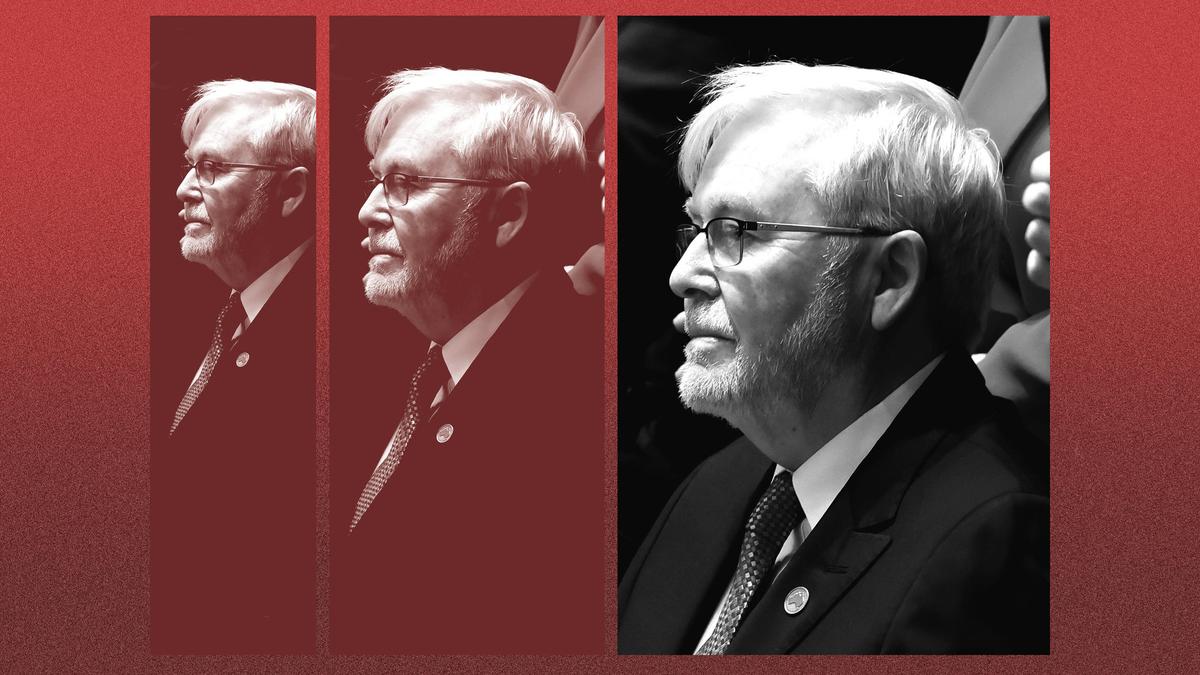
The World Health Organization (WHO) and the European Union (EU) have launched a new initiative to enhance digital health systems in sub-Saharan Africa. This collaboration aims to promote the adoption of the Global Digital Health Certification Network (GDHCN), significantly improving pandemic preparedness and overall health outcomes in the region. The announcement was made during the World Health Summit 2025 by key figures including Dr. Yukiko Nakatani, WHO Assistant Director-General for Health Systems, Access and Data; Dr. Mohamed Yakub Janabi, WHO Regional Director for Africa; and Mr. Martin Seychell, Deputy Director-General of the European Commission Directorate-General for International Partnerships.
The GDHCN is a global framework designed to allow countries to securely verify digital health credentials across borders. It builds upon the foundations of the European Union Digital COVID Certificate (EU DCC), which facilitated the verification of vaccination, testing, and recovery certifications for travelers across 76 countries and territories. Notably, only four countries from the WHO African Region—Benin, Cabo Verde, Seychelles, and Togo—have successfully integrated into the EU DCC network. Since the GDHCN’s transfer to the WHO in 2023, its potential to support the digitization of the International Certificate of Vaccination or Prophylaxis (commonly known as the Yellow Card) has become increasingly evident.
Investment and Collaboration for Health Systems
The new partnership is backed by an €8 million EU grant that will be allocated from 2025 to 2028. This funding is part of the Digital Health workstream within the Team Europe Initiative on the EU-AU Health Partnership, which seeks to create resilient digital health ecosystems across Africa. WHO will provide essential technical and policy expertise, collaborating closely with regional partners such as the Africa Centres for Disease Control and Prevention (Africa CDC).
The GDHCN is designed to empower countries by enabling them to establish interoperable digital health systems. These systems will allow individuals to manage their personal health records securely and accessibly, regardless of their location, including during health emergencies. Each country retains control over its citizens’ health data, ensuring that privacy and data protection are prioritized. Participation in the network is voluntary and built upon internationally recognized standards.
Strengthening Health Security
This collaboration not only aims to improve immediate health responses but also lays the groundwork for more robust, person-centered health systems for future generations. By fostering cross-border cooperation among nations and partners, the GDHCN strengthens health security, enhancing the ability to track vaccinations, reduce fraud, and streamline international health requirements.
As countries in sub-Saharan Africa embrace this initiative, the WHO and the EU are committed to supporting their journey towards advanced digital health solutions, ultimately aiming to benefit millions of individuals across the continent. This partnership represents a significant step forward in the global effort to enhance health and well-being in regions that face considerable health challenges.







